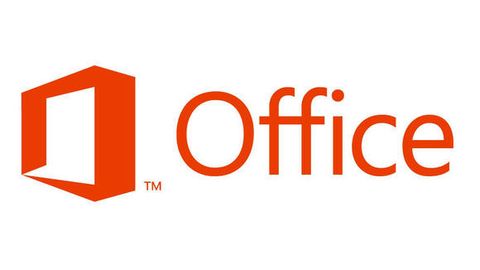Free alternatives
Both OpenOffice and LibreOffice are fully featured office suites, which are free alternatives to Office.
LibreOffice in particular has become the office suite of choice among free Linux distributions and if your business is opting for Linux desktop deployment, we would recommend this.
Although free, both LibreOffice and OpenOffice users will at some point have to interact with those that use Microsoft's Office suite and when it comes to collaboration Microsoft Office wins.
Microsoft has made a move to support the Open Document Format that both LibreOffice and OpenOffice natively use, but the firm goes to great lengths to warn the user that the file format does not support all of Microsoft Office's features. This means users are more than likely to opt for Microsoft's own Open XML format to avoid having to fix minor formatting glitches.
Microsoft's Office 2013 wins out over these alternatives not because it offers more features, for many the considerable feature set of LibreOffice and OpenOffice is more than enough, but because in business environments complete interoperability with Microsoft Office isn't so much demanded but expected. Just remember to agree on a version among colleagues.
Barry Collins is an experienced IT journalist who specialises in Windows, Mac, broadband and more. He's a former editor of PC Pro magazine, and has contributed to many national newspapers, magazines and websites in a career that has spanned over 20 years. You may have seen Barry as a tech pundit on television and radio, including BBC Newsnight, the Chris Evans Show and ITN News at Ten.


